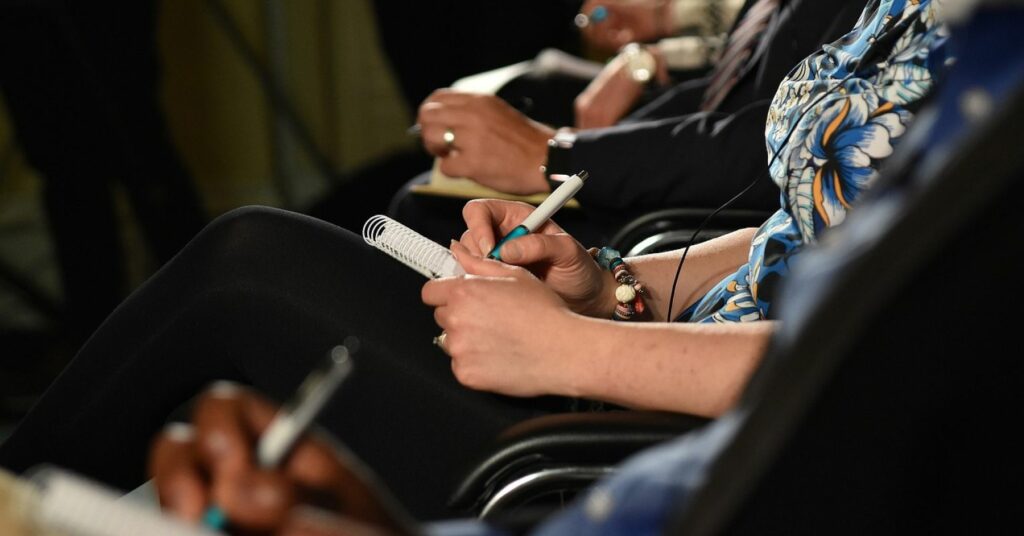Along with MDMA, Vagus Nerve Stimulation treatment hits roadblocks.
There’s been a lot going on in the space of treatment development in psychiatry recently. Here’s a brief recap.
On June 4, 2024, a panel convened by the FDA voted overwhelmingly against approving MDMA (commonly known as “ecstasy”) as a treatment for PTSD. This vote came in spite of the fact that there are two phase 3 studies that were ‘positive’ (meaning they showed the drug was better than placebo). Producing two positive phase 3 studies is generally the bar needed for approval in most circumstances.
article continues after advertisement
Several in the field are surprised by the panel’s recommendations, noting that our current treatments for PTSD are quite limited, and the data for MDMA (on the surface, at least) seem quite good.
It’s worth noting that the panel’s recommendations are non-binding. In other words, the FDA can technically move forward and approve MDMA (against the panel’s judgment). But my bets are against approval (I have no ties, financially or otherwise, to the company Lykos behind MDMA).
There’s a lot of speculating as to why the panel voted this way. I think a big part of this is the growing alarm in psychiatry about a runaway train that may cause great societal harm. As an analogy, we’re seeing a lot of alarming things in the ketamine space, where the approval of a ketamine derivative (esketamine) in 2019 is likely driving the increasing popularity and use of an easily accessible off-label version (over which the FDA has no control). There’s been a rise in clinics that promote and prescribe at-home ketamine, a practice rife for potential misuse. On a daily basis, ketamine is clearly neurotoxic above a certain dose (most clinicians seem unaware of this). Last year, the DEA shut down a large ketamine clinic that was mailing ketamine to people’s homes.
These developments, combined with the fact that some states are poised to allow the consumption of psychedelic substances in poorly controlled ways, are worrying regulators. The explicit aims of Rick Doblin (the chief mastermind behind the drive to develop MDMA as a therapy), that psychedelic substances should be legal for all (regardless of mental illness) and that FDA approval is just one step on the path to that goal do not assuage regulators’ concerns.
article continues after advertisement
All of this is to say that there is worry about further opening Pandora’s box when it comes to approving for wider use substances that could have serious adverse safety profiles. I’m not saying this is right or fair (especially given the huge treatment burden of PTSD), but I think it’s playing into the decision-making calculus.
Another major recent development was the announcement from LivaNova that its large RECOVER trial of Vagus Nerve Stimulation (VNS) did not meet its primary endpoint for treatment-resistant depression. VNS is a therapy where a small device is implanted into the body near the shoulder, with a wire that frequently stimulates the vagus nerve near the neck. The treatment is in the unusual position of having received authorization by the FDA back in 2005 but not being recognized by the Centers for Medicare and Medicaid Services (CMS) as effective. Hence, insurance generally does not pay for the treatment, which means it’s essentially inaccessible to patients.
The news that the RECOVER trial did not meet its primary outcome is disappointing. The company reports that there was evidence of “clinically meaningful benefits in select secondary endpoints.” The wrinkle here is that, unlike most circumstances, the RECOVER trial is not meant to convince FDA regulators (that already happened in 2005) but to convince top leadership at CMS to pay for the treatment. It will be interesting to see how this unfolds. Hopefully, more details of the trial results will be available soon.
article continues after advertisement
I should note that the above applies to the portion of the trial testing VNS in patients with unipolar depression. The portion of the trial testing VNS in patients with bipolar depression is still ongoing.
Source link : https://www.psychologytoday.com/za/blog/purpose/202406/fda-panel-votes-against-approval-of-psychiatric-mdma?amp
Author :
Publish date : 2024-06-07 17:50:39
Copyright for syndicated content belongs to the linked Source.
